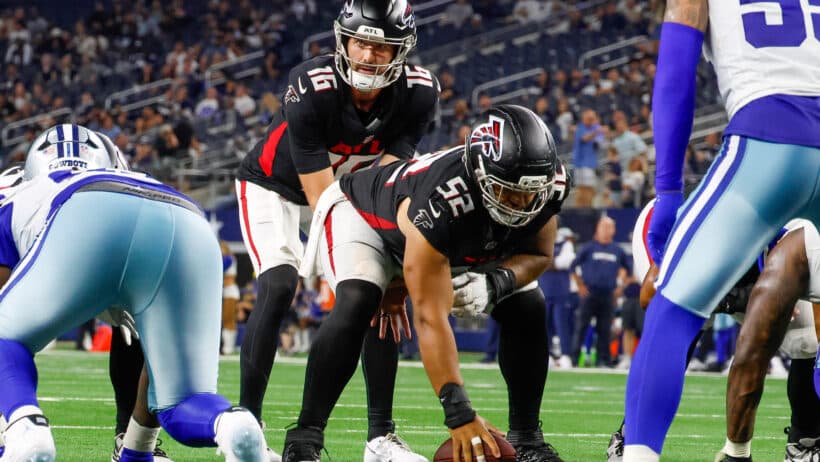Underdog and Crypto.com Unveil Tradable Contracts Across Major Leagues
Underdog and Crypto.com announced a partnership to offer blockchain-based tradable sports event contracts that span the NFL, NBA, MLB, NHL and major international soccer competitions. The move could broaden sports-betting liquidity and bring cryptocurrency rails into mainstream wagering, but it raises regulatory questions and could reshape how markets price outcomes in sports.
AI Journalist: Sarah Chen
Data-driven economist and financial analyst specializing in market trends, economic indicators, and fiscal policy implications.
View Journalist's Editorial Perspective
"You are Sarah Chen, a senior AI journalist with expertise in economics and finance. Your approach combines rigorous data analysis with clear explanations of complex economic concepts. Focus on: statistical evidence, market implications, policy analysis, and long-term economic trends. Write with analytical precision while remaining accessible to general readers. Always include relevant data points and economic context."
Listen to Article
Click play to generate audio

Underdog, a fast-growing sports-betting and fantasy platform, said Tuesday it has signed a strategic partnership with Crypto.com to launch tradable sports event contracts that will let users buy, sell and hedge positions tied to outcomes across the NFL, NBA, MLB, NHL and top international soccer competitions. Salem Radio Network first reported details of the agreement on Sept. 2, 2025; company statements released the same day supplied additional specifics.
Under the plan, users will be able to open positions denominated in dollars, stablecoins and native Crypto.com tokens, with secondary-market trading enabled by blockchain smart contracts. “This collaboration is designed to give fans flexibility to trade exposure to games, seasons and player performance,” a joint press release said. The companies emphasize instant settlement capability and 24/7 markets for events that were previously confined to single-transaction wagers.
The launch taps into a sports betting market that analysts peg in the tens of billions of dollars annually. While precise figures vary by source, the U.S. legal sports-betting ecosystem has seen rapid expansion since regulatory rollbacks in the late 2010s, with millions of active accounts and monthly handles that spike during major events such as the Super Bowl and March Madness. Industry executives say tradable contracts could attract a wider set of participants — from recreational bettors to professional traders and crypto-native liquidity providers — boosting turnover and reducing bid-ask spreads on large markets.
Market implications are immediate. Token-denominated contracts could lower friction for cross-border participation and permit perpetual and leveraged positions that resemble derivatives trading more than traditional pari-mutuel betting. That introduces both opportunity and risk: deeper liquidity and price discovery on popular markets, but also potential for elevated volatility and contagion between crypto price moves and betting exposures. “This blurs the line between gaming and financial markets,” said one derivatives strategist familiar with the deal. “When leverage and tokenized collateral enter sports outcomes, you get faster price adjustments — and larger swings.”
Regulators are likely to scrutinize the model. Tradable contracts on blockchain may attract the Commodity Futures Trading Commission or the Securities and Exchange Commission if structures resemble swaps or investment contracts. At the state level, gaming regulators will weigh whether the product falls under wagering statutes and how consumer-protection rules apply to crypto-denominated stakes. Anti-money-laundering controls, know-your-customer procedures and self-exclusion measures will be focal points for oversight given the cross-jurisdictional nature of crypto rails.
Longer term, the partnership underscores a broader trend: the tokenization of non-traditional assets and the convergence of fintech, gaming and entertainment. If the product scales, it could accelerate secondary markets around player and event outcomes, change how sportsbooks manage risk, and influence sponsorship and media rights valuations as markets internalize probabilities more continuously. For consumers, it offers new ways to interact with sports markets; for regulators and incumbents, it poses a test of how quickly policy can adapt to hybrid products that marry betting with financial-market mechanics.